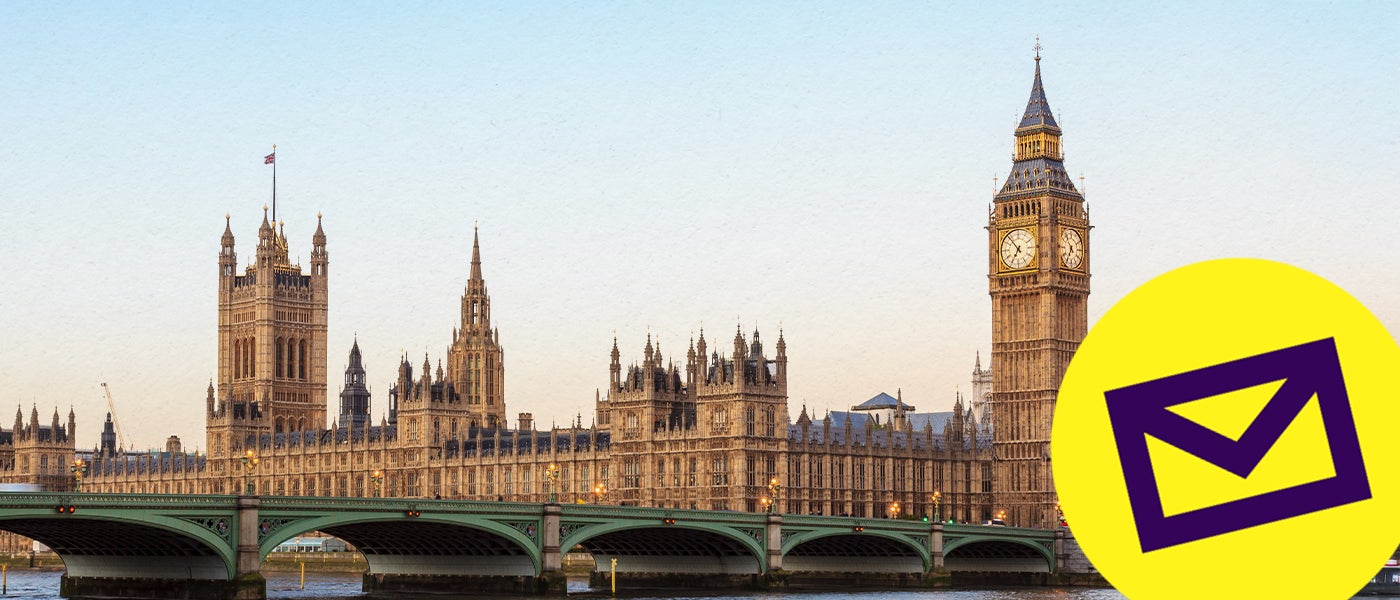- Home
- News and stories
- The social tariff on energy explained
The social tariff on energy explained
 19 January 2023
19 January 2023
The energy bill crisis is devastating many lives this winter.
Imagine choosing between staying warm, feeding your family and powering essential medical equipment.
This is the reality for many disabled families.
We at Scope are campaigning for a social tariff.
And we’re here to make clear what that means. How would it help older and disabled people grappling with staggering energy bills?
What is a social tariff?
A social tariff on energy is a discounted energy bill.
It's targeted at those facing high energy costs.
This includes disabled people, their carers and older people struggling with bills.
It would mean the customer pays a lower price for their energy.
It's designed to ensure those in greatest need can live comfortably in their homes.
How would a social tariff work?
We want the Government to provide discounted energy bills for disabled people, and their carers, who have high energy costs.
A social tariff works in the same way as other energy deals.
Except when it reaches the customer, they receive a lower price.
This is a more targeted approach. It would fix energy bills at a lower level.
This approach is already used by broadband and water companies.
It protects people struggling with bills.
We are asking the Government for a 50% discount on the unit cost of energy for those eligible.
This would be like Ofgem’s Price Cap and the Government’s Energy Price Guarantee (EPG).
These limit the amount companies can charge people for each unit of energy.
Who would a social tariff help?
The social tariff should provide targeted support.
This is what’s currently missing in this energy crisis.
Scope is calling for the social tariff to be automatically made available to those who need it.
This includes:
- people receiving means tested benefits
- people receiving disability benefits
- people receiving Carer’s Allowance
- people struggling with bills but missing out on support from the welfare system
Scope hears daily from disabled people devastated by the cost of living crisis.
We asked them what difference a social tariff on energy would make.
They told us:
"I have severe arthritis and if I get cold my body seizes up totally and I can't function. If I wrap myself in enough covers to be warm I then can't do anything either. It's a vicious circle which could be alleviated if I could afford to heat my house properly.”
“I am unable to pay other bills at the moment because I've nothing left after paying this energy bill. I’m getting cold all the time which really affects my sciatica and the pain is terrible.”
Why is a social tariff needed?
The Government’s Energy Price Guarantee (EPG) scheme will end in April 2024.
The EPG currently limits the average energy bill to £2,500 per year, rising to £3,000 in April 2023.
We know that so many disabled households with higher usage will pay even more.
Scope wants a social tariff to make sure disabled households get vital support when the EPG ends.
It would be more targeted than the EPG, to make sure those who need support get it.
How would a social tariff happen?
We need to convince the Government a social tariff on energy is necessary.
The Government would then announce it at the next Budget in March 2023.
They would then need to enforce this decision through law.
We are campaigning to make this happen.
How can you support the call for a social tariff?
Scope and 100 other organisations have written an open letter to the Chancellor.
The letter is calling for a social tariff on energy.
You can add your name to demand an end to sky high energy bills for older and disabled people.
 19 January 2023
19 January 2023








